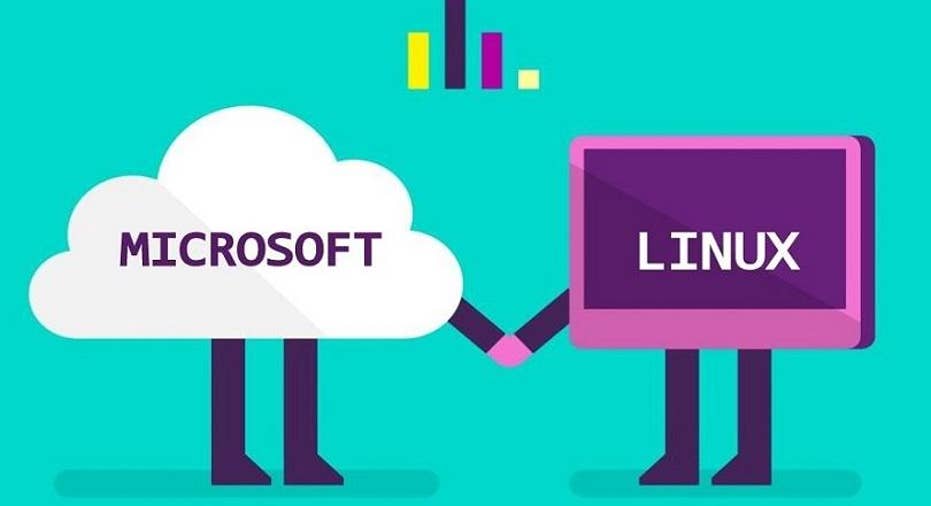Open-Source PowerShell Now Available on Mac and Linux

Automating server tasks just got a lot easier for Mac and Linux users, thanks to Microsoft's decision to open source its PowerShell automation platform and scripting language for Windows and Windows Server.
PowerShell is a task-based, command-line scripting language built on the .NET Framework, which helps IT professionals control and automate the administration of servers. .NET itself completed a gradual open-source transition earlier this year, following Microsoft's acquisition of Xamarin.
Mac and Linux users can now download PowerShell from Github. There are versions available for Windows 10, Windows 10 Server, Windows 8, Mac OS X 10.11, Ubuntu, and CentOS.
Microsoft said that it took great care to make sure that PowerShell runs equally as well on Linux as it does on Windows. "We fit in well with the architecture, idioms and existing tools," Microsoft technical fellow Jeffrey Snover wrote in a blog post.
The two major differences between the Windows and Linux versions of PowerShell are in editing code and pushing those edits to servers. Linux users will have a choice of code editors, initially including VS Code and Sublime, with others to follow. They'll also have the option of using OpenSSH to communicate securely with servers.
Microsoft said the PowerShell version currently on Github is an alpha build, and it will continue to make "official" versions of PowerShell based on the new open-source code available for Windows users.
Besides gaining the ability to run PowerShell, Mac users now also have a new Parallels Desktop release to look forward to. Parallels 12, currently only available for existing customers, includes full support for Windows 10 and macOS Sierra, which the company says will make folder performance 25 times faster than the current version.
Parallels 12 also includes 500GB of online backup storage, free for one year, as well as the ability to record on-screen videos from Mac and Windows. Customers who purchased Parallels 11 on or after Aug. 1 will get a free upgrade; other current Parallels users will pay $49.99.
This article originally appeared on PCMag.com.



















